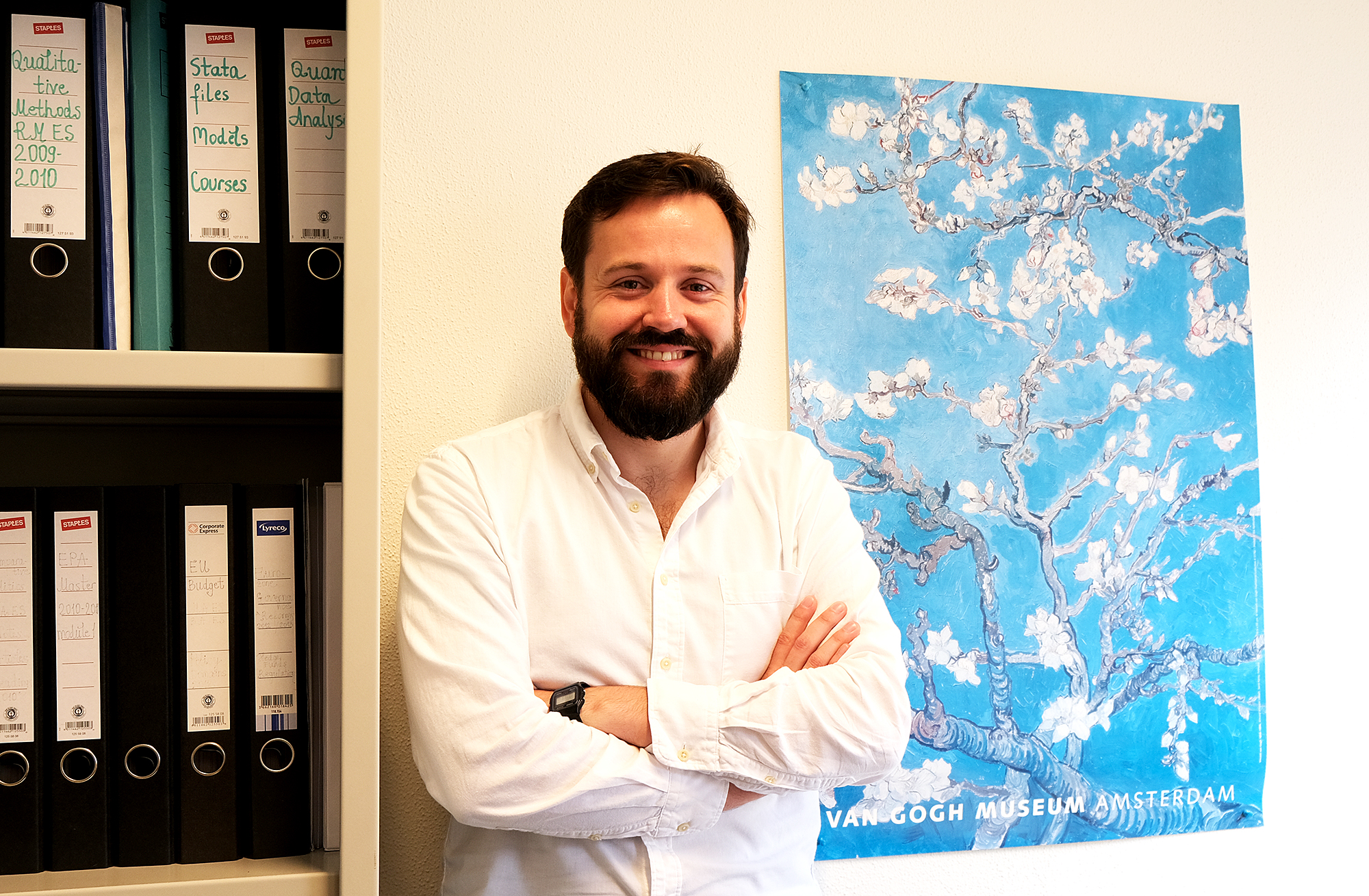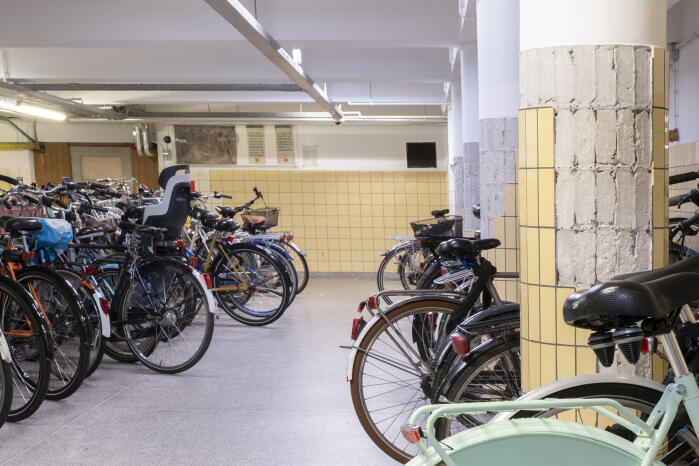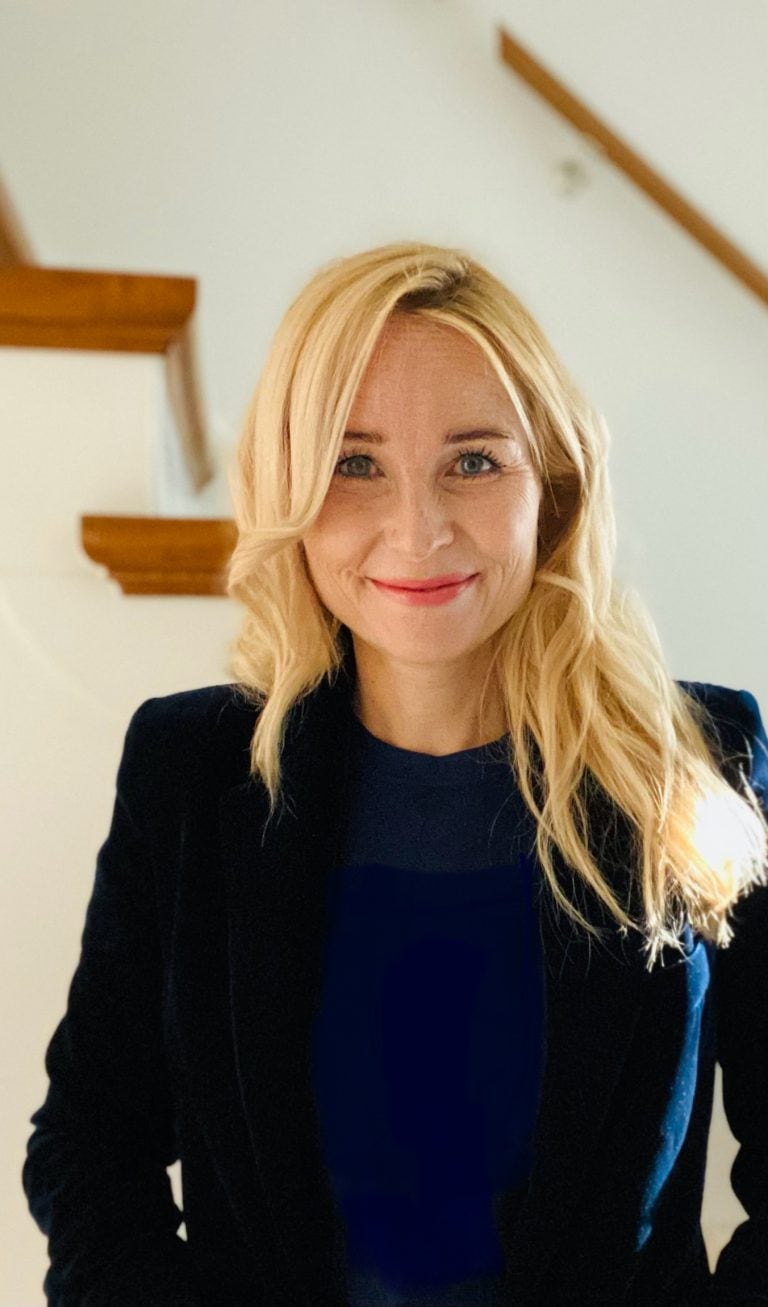UM co-organises debate on refugees in Limburg
Mediators: Kirsten Paulus and Frans Pollux
Participants: Annemarie Penn-te Strake (chair of the provincial platform for refugees and mayor of Maastricht), Simone Filippini (CEO of Cordaid), Michael Heemels (provincial parliament member for PVV) and Hein de Haas (professor of Migration Studies at UM)
SPHINX, L1, MGL and UM| Debate on refugees in Limburg
25 November 2015
Muziekgieterij Maastricht
Start of debate: 7.30 pm
Admission: free (max. 300)
Language of conduct: Dutch
How should Limburg respond to the refugee situation and how do refugees fare in Limburg? These are the key questions that will be addressed during the Limburg Refugee Debate on 25 November 2015. The debate is a joint initiative of L1, Dagblad de Limburger/Limburgs Dagblad, the Sphinx debate centre and Maastricht University.
Limburg wants to take in 2,500 refugees and provide them with small-scale accommodation. This has sparked quite a debate in the region. Like the rest of the country, and indeed Europe as a whole, Limburg residents are concerned about how this will affect their neighbourhood, their village, their city and their region. And like the rest of the world, many locals are concerned about the plight of refugees.
On 25 November, this issue will be discussed by a panel of experts and the public in a debate entitled 'Refugees in Limburg'. How unique is this influx? What are the concerns, risks and benefits of this influx in Limburg? Can the region welcome refugees without creating an uncontrollable problem? What problems can we expect? What are we afraid of? How real are these concerns? What are the problems facing refugees in Limburg? What happens to them after they are issued a residence permit? Do they find it difficult to integrate and assimilate?
The television programme Avondgasten will broadcast the full refugee debate on 25 November. You can watch the debate online (1Limburg.nl) starting at 7.30 pm.
The debate is funded by the partners and the Province of Limburg.
Also read
-
The 2024 Turriano Prize from ICOHTEC (the International Committee for the History of Technology) was awarded to Jacob Ward’s book Visions of a Digital Nation (MIT Press, 2024). The Turriano Prize recognises the best first book by an historian of technology.
-
The Grote Gracht is richly lined with historical buildings that conceal remarkable stories. Once again, our “hidden gem” is located on this street in Maastricht, this time at number 76: the (bike) cellar.
-
Since Hungary took over the rotating presidency of the EU Council on July 1st, its Prime Minister Viktor Orbán has embarked on a widely criticized peace mission for Ukraine, including meetings with leaders of Russia and China. This has led to much speculation about what the next six months of the...


